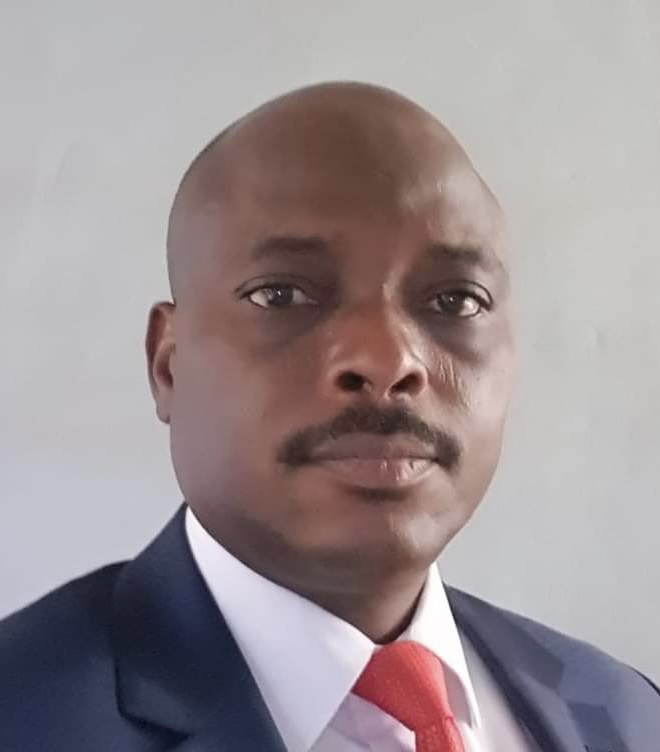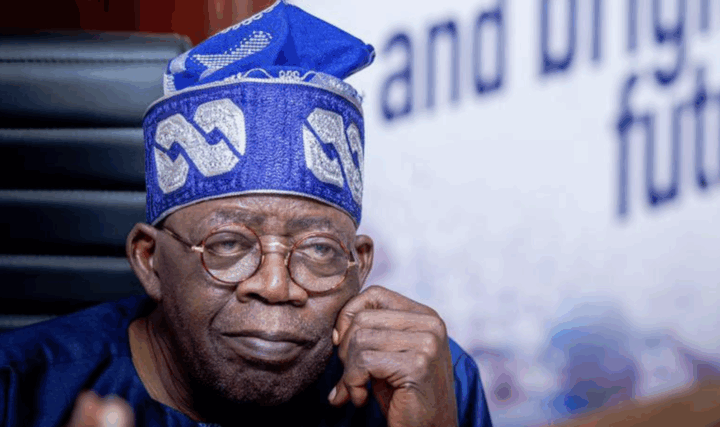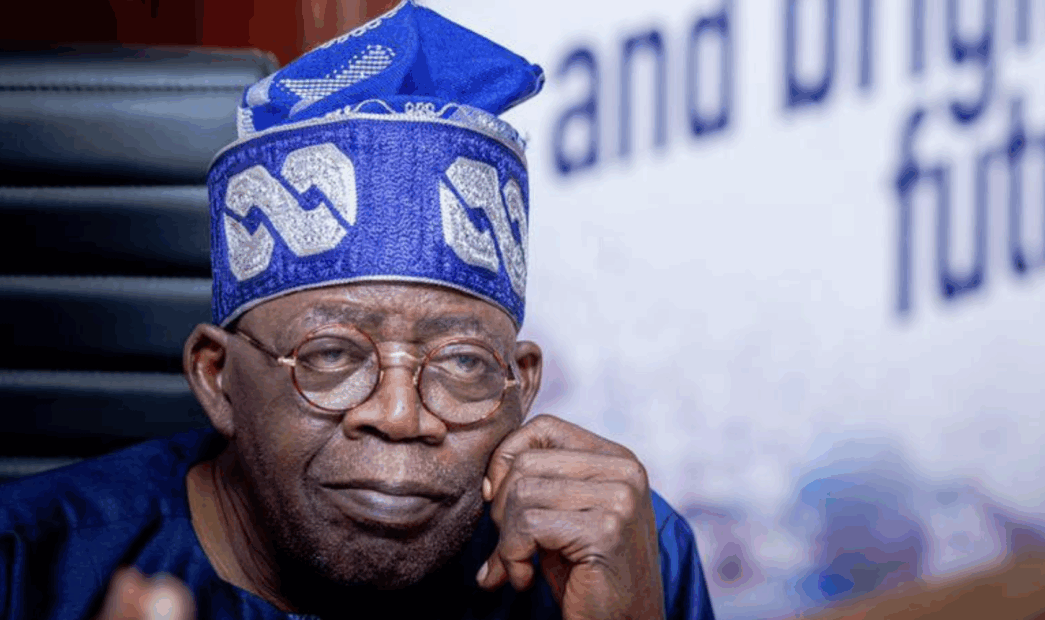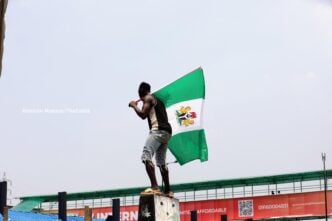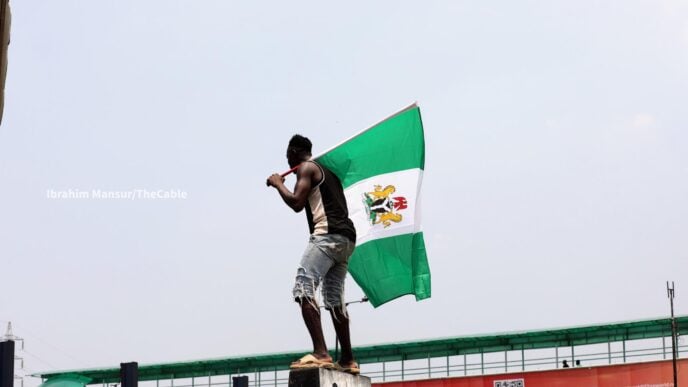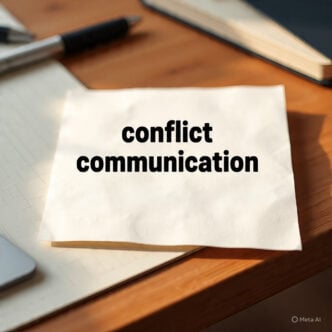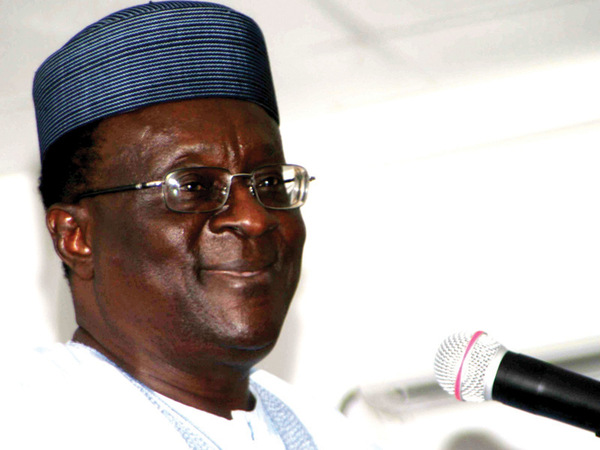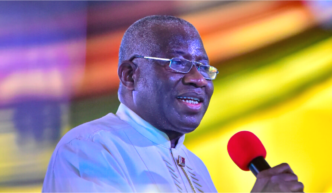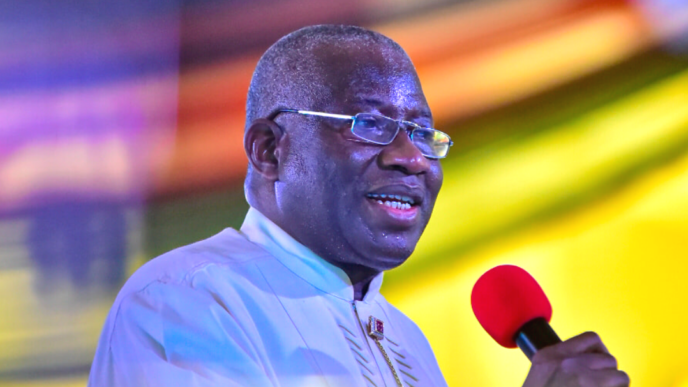There is an old tale often told in the villages: a people long oppressed by hunger and drought once prayed for rain. They were told that a mighty rainmaker was coming, one whose power would water the fields, fill the rivers, and restore life to the land. When the man finally came, he looked ordinary, carried no charms, and spoke softly. Some rejoiced, believing their season of relief had arrived. Others doubted, whispering, “Is this the man we have been waiting for, or should we expect another?”
That story is not far from the question we now ask in Nigeria.
In both the Gospel of Matthew and Luke, a sobering story is told. John the Baptist, the fiery preacher of the wilderness who had boldly declared Jesus as the “Lamb of God,” found himself locked away in Herod’s prison. Alone, discouraged, and confused, he sent his disciples to Jesus with a blunt question: “Are You the one who is to come, or should we look for another?”
It was not a question born out of unbelief but of disappointment in expectation. John, like many Jews, expected the Messiah to storm Rome, break chains, and enthrone Israel in political glory. Instead, Jesus was healing the blind, raising the dead, and preaching to the poor. He did not respond with empty titles. He said in essence: “Judge me by my works. Look at the fruits. The Kingdom is here, though not as you imagined.”
Advertisement
Fast forward two thousand years, the story still rings true in Nigeria. In 2023, Bola Ahmed Tinubu rose to the highest office in the land after a bruising electoral battle. To his supporters, he was the political “messiah”, the one who would finally lift Nigeria out of the wilderness of corruption, poverty, and bad governance. His slogan, “Renewed Hope,” was not just a promise; it was a prophecy of deliverance.
But two years later, Nigerians are now echoing John’s ancient question: “Is Tinubu the expected one, or should we wait till 2027 to look for another?”
THE PROMISE AND THE PERFORMANCE
To be fair, Tinubu did not come empty-handed. From his first day in office, he rolled up his sleeves and made bold, unpopular decisions. He scrapped the fuel subsidy, unified the naira, cleared foreign exchange backlogs, boosted non-oil exports, and pushed fiscal reforms that impressed international lenders and observers.
Advertisement
GDP recorded its strongest growth in a decade.
Foreign reserves rebounded beyond $37 billion.
Non-oil exports jumped nearly 25%.
Fiscal deficit shrank, revenue collection improved, and trade volumes soared.
Advertisement
On paper, these are no small feats. They show courage, intent, and an eye on the long-term health of the economy. By the standards of global financial institutions, Tinubu has scored some vital points.
But there is a Yoruba saying: “Bi a ba fun ni l’ounje, ki a fun ni l’omi”—when you give food, you must also provide water. Nigerians have swallowed the bitter pills of reform, but the water of relief has not come. The pain is raw, immediate, and unrelenting:
Food inflation remains above 29%, biting deep into household income.
Transport fares are unbearable; energy costs are crippling businesses.
Advertisement
Manufacturers are shutting down plants; workers are losing jobs.
The minimum wage of ₦70,000 already looks like a drop of water on a hot stone.
Advertisement
Debt servicing devours trillions, leaving crumbs for education, health, and infrastructure.
As the saying goes, “You cannot shave a man’s head in his absence.” Nigerians feel the government is experimenting with their lives without carrying them along in compassion and palliative cushioning.
Advertisement
THE CRISIS OF EXPECTATION
Just like John the Baptist, Nigerians are trapped in a prison of expectation. They expected a president who would miraculously scatter hunger, slay insecurity, and pour prosperity on every street corner. Instead, they are told to be patient—that growth takes time, that pain comes before gain.
But hunger does not wait for theory. The poor man cannot eat statistics. The trader in Alaba market cannot pay rent with GDP numbers. The farmer in Zamfara cannot face bandits with economic projections.
Advertisement
Tinubu’s reforms are real, but so are the tears of the masses. And herein lies the crisis: the distance between government reports and the realities on the street.
THE BALANCE OF JUDGMENT
It would be unfair to dismiss Tinubu as clueless. He has shown drive, backbone, and a vision to place Nigeria on a stronger economic footing. He is not idle; neither is he without direction. But as the Good Book says, “By their fruits, ye shall know them.”
Nigerians do not want promises; they want proof. They do not want theories; they want testimonies. They want to see food become affordable, jobs created, factories humming, and children returning to schools with hope in their eyes.
Jesus pointed John to His works: the blind seeing, the lame walking, the poor hearing good news. Tinubu must also point Nigerians to tangible works: affordable living, reduced poverty, jobs, and security. Without these, all else is empty grammar.
THE ROAD TO 2027
The road ahead is decisive. By 2027, Nigerians will not be swayed by slogans or long-term blueprints. They will weigh Tinubu on the scale of daily bread.
If he is to retain their faith, he must:
Cushion the vulnerable with credible safety nets, not tokenistic giveaways.
Attack food inflation by tackling insecurity and boosting agriculture.
Revive the manufacturing sector with stable power and forex.
Rebuild trust with organized labour and civil society.
Channel more funds to education, health, and infrastructure.
The Yoruba also say: “A kii rin ki ori ma mi”—the head must shake when one walks. The painful shaking of Nigeria’s head today may well be the sign of a difficult but necessary journey. But if the shaking becomes endless without progress, the people will find another road.
Is Tinubu the expected messiah? The jury is still out. Like Jesus, he cannot declare himself saviour; he must be judged by his works. Nigerians have endured the pain of reforms; now they demand the gain.
Hope is not blind. It must be tested by results. If the light begins to shine before 2027, patience may pay off. But if the promised land continues to look like a mirage, the people will not hesitate to seek another guide.
In the end, as another Yoruba proverb warns, “Bi omode ba subu, a wo iwaju; bi agbalagba ba subu, a wo eyin.” When a child falls, he looks ahead; when an elder falls, he looks behind to see what went wrong. Nigerians have looked ahead for too long. By 2027, they will look back and they will decide whether Tinubu truly led them forward or merely left them wandering in the wilderness.
Tooki is an editor/founder, communication strategist and public relations expert.
Views expressed by contributors are strictly personal and not of TheCable.
